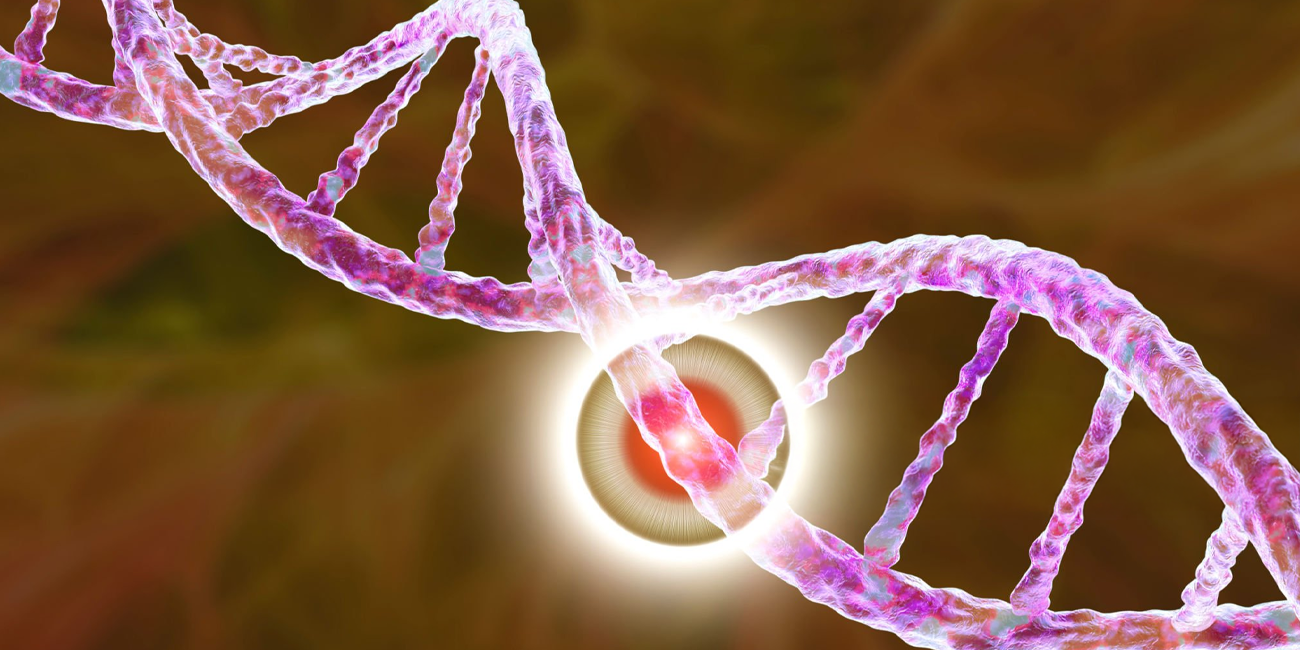
Book a Consultation
Thank you!
Your form has been sent successfully.



March 25, 2021
Prostate develops cancer when healthy cells change and grow uncontrollably, forming a tumor. A tumor can be malignant or benign. A cancerous tumor is malignant, meaning it can grow and spread to other parts of the body. A benign tumor means the tumor can grow but will not spread.
It is mostly found in older men and in most cases, it's found before it has spread to other parts of the body. Cancer that hasn't spread tends to be easier to treat. When compared to other types of cancer, prostate cancer is somewhat unusual. This is because many prostate cancers do not spread to other parts of the body quickly.
According to the National Cancer Institute of the United States, it is the second most frequently diagnosed cancer in American men, following only skin cancer. At ACTC, you can find a team of expert doctors who are highly qualified as well as experienced in this discipline. They are dedicated to providing exceptional patient care by creating effective personalized treatment plans & positive environments during a patient's cancer journey. ACTC is the preferred choice of doctors and patients as the best Florida cancer center.
Prostate cancer is caused by an abnormal proliferation of cells in the prostate gland. This abnormal cell development might extend to the bone or lymph nodes if the malignancy is advanced.
Prostate cancer can spread to other parts of the body if it is untreated and allowed to grow. It may spread outside of the prostate and into nearby tissues, such as the bladder or colon, over time. Cancer that has progressed outside of the prostate might also spread to neighboring lymph nodes. The spread will affect the overall immune system of the body. When prostate cancer spreads to other parts of the body, it usually starts with the bones. It has the potential to spread to other organs such as the lungs, liver, and brain.
Read more: Fight Prostate Cancer with These 5 Exercises

In most cases, no symptoms appear until it is relatively advanced. Men may experience urinary symptoms such as a blockage in the flow of urine or blood in their urine or sperm as the disease progresses. Bone pain is frequent in the later stages. Most men, however, will not know they have it unless they are tested.
A prostate-specific antigen blood test (PSA) and a digital rectal examination (DRE) are commonly used in prostate cancer screening. If either test is abnormal, a prostate biopsy is performed to acquire a small sample of prostate tissue for further examination.
People have been diagnosed using PSA and DRE in past years, but a newer diagnostic alternative is prostate MRI, which has been seen to improve the quality diagnosis by identifying tumors that are likely to be aggressive and cause harm.

Your prostate cancer treatment options are determined by a number of criteria, including the rate at which it is developing, whether it has spread, and your overall health, as well as the treatment's possible benefits and adverse effects. There are 5 different solutions for the treatment of prostate cancer.
1. Radiation Treatment
The strategic use of ionizing radiation or photons to kill cancer cells is known as radiation therapy. It acts by damaging the DNA of the cancerous cells (the genetic blueprint of the cancer cell). The cells that are targeted die without growing or multiplying. Radiation can be transmitted, in many ways, including brachytherapy (in which seeds are implanted in the patient's body) or via external beam radiation that projects the energy through the skin.
Radiation treatment for prostate cancer can best be delivered by experienced radiation oncologists working in high-volume centers of excellence. Our oncology specialists at ACTC have notable experience and expertise in this field.
2. Surgery
Usually, early-stage Prostate cancer that has not spread to distant sites such as bones and lymph nodes is treated with surgery. The goal of surgery in this scenario is to remove the cancer-affected part of the body. The most common operation for this disease is a radical prostatectomy, which involves removing the entire prostate gland. Surgery may also be required for the treatment of aggressive or metastatic prostate cancer as part of a multimodal approach.
In some cases, a patient may require more than one surgical procedure. Your doctor will help you choose the best form of prostate cancer surgery for your condition.
3. Hormone Therapy
Androgen suppression therapy is another name for hormone therapy. Androgens or male hormones promote the growth of prostate cancer cells. The goal then is to lower or halt the production of male hormones, known as androgens, from fuelling the growth of prostate cancer cells in the body. Testosterone and dihydrotestosterone are the two most important androgens in the body (DHT). The testicles produce the majority of androgens, but the adrenal glands (glands located above the kidneys) and prostate cancer can also produce a significant amount of these hormones.
Although hormone therapy is most commonly used to treat individuals with advanced prostate cancer, it is now increasingly being used to treat people with localized forms of the disease. It can be administered before or after radiation - to help decrease the tumor, or it can be used in conjunction with radiation if the risk of recurrence is high. Because hormone therapy alone does not cure prostate cancer, it is usually administered in conjunction with other treatments.
4. Immunotherapy For Prostate Cancer
Immunotherapy is when a person's immune system is stimulated to recognize and destroy cancer cells more efficiently. Prostate cancer can be treated with certain types of immunotherapy. This treatment is only available in certain centers, and you should consult with your doctor to see if it is appropriate for your condition. When it comes to evaluating Florida Cancer Center options - consider ACTC as they provide this form of therapy. Our providers are specialized in Oncology and Hematology and have extensive experience in advanced cancer treatment methods.
5. Chemotherapy For Prostate Cancer
Prostate cancer is sometimes treated with chemotherapy. It's mostly used to treat tumors that are aggressive o r advanced prostate cancer that hasn't responded well to other treatments. Chemotherapy is not a conventional treatment for early prostate cancer, according to the American Cancer Society. It's most commonly used to treat aggressive cancer that has spread beyond the prostate. Most men with advanced prostate cancer are prescribed androgen deprivation therapy (ADT) or anti-hormone therapy in addition to chemotherapy.
This is a protocol that excludes the use of medicines, radiation, and surgery. Tests are performed on a regular basis to look for indicators that the cancer is spreading. During active surveillance, no cancer therapy is given if the tests show that the tumor is no longer life-threatening or has a minimal chance of spreading or worsening. Active Surveillance is not a "no-treatment" protocol, but rather a plan to treat you only if and when your cancer requires it (some think of it as a deferred treatment).
Precision medicine uses modern diagnostic tools to treat the right patient with the right treatment at the right time based on the genetic makeup of their cancer. Precision medicine is designed to eliminate the need for the drugs to undergo trial and error one day. Consider it to be something like taking a fingerprint of your cancer. Because each cancer has a unique fingerprint, it requires a treatment that is tailored to it. Custom-created treatments have the potential to be effective with zero guesswork once that degree of identification is possible.
Prostate cancer that's detected early when it's still confined to the prostate gland has the best chance for successful treatment. Early detection is key to better outcomes. You should seek medical attention if you experience any persistent or abnormal symptoms.
*Data retrieved from Prostate Cancer Statistics, Centers for Disease Control and Prevention



December 24, 2025
It's natural to wonder if testosterone replacement therapy (TRT) is sa...
KNOW MORE

December 24, 2025
A rash that will not calm down is scary, especially when it changes or...
KNOW MORE

December 24, 2025
Florida’s lung cancer burden remains significant and affects many fa...
KNOW MORE

December 24, 2025
A partial hysterectomy, also called a supracervical hysterectomy, is s...
KNOW MORE

December 24, 2025
Finding a rash on your breast can be unsettling, but remember, many ra...
KNOW MORE

December 16, 2025
Hearing a HER2 gene mutation on a report can feel scary, but it also p...
KNOW MORE
